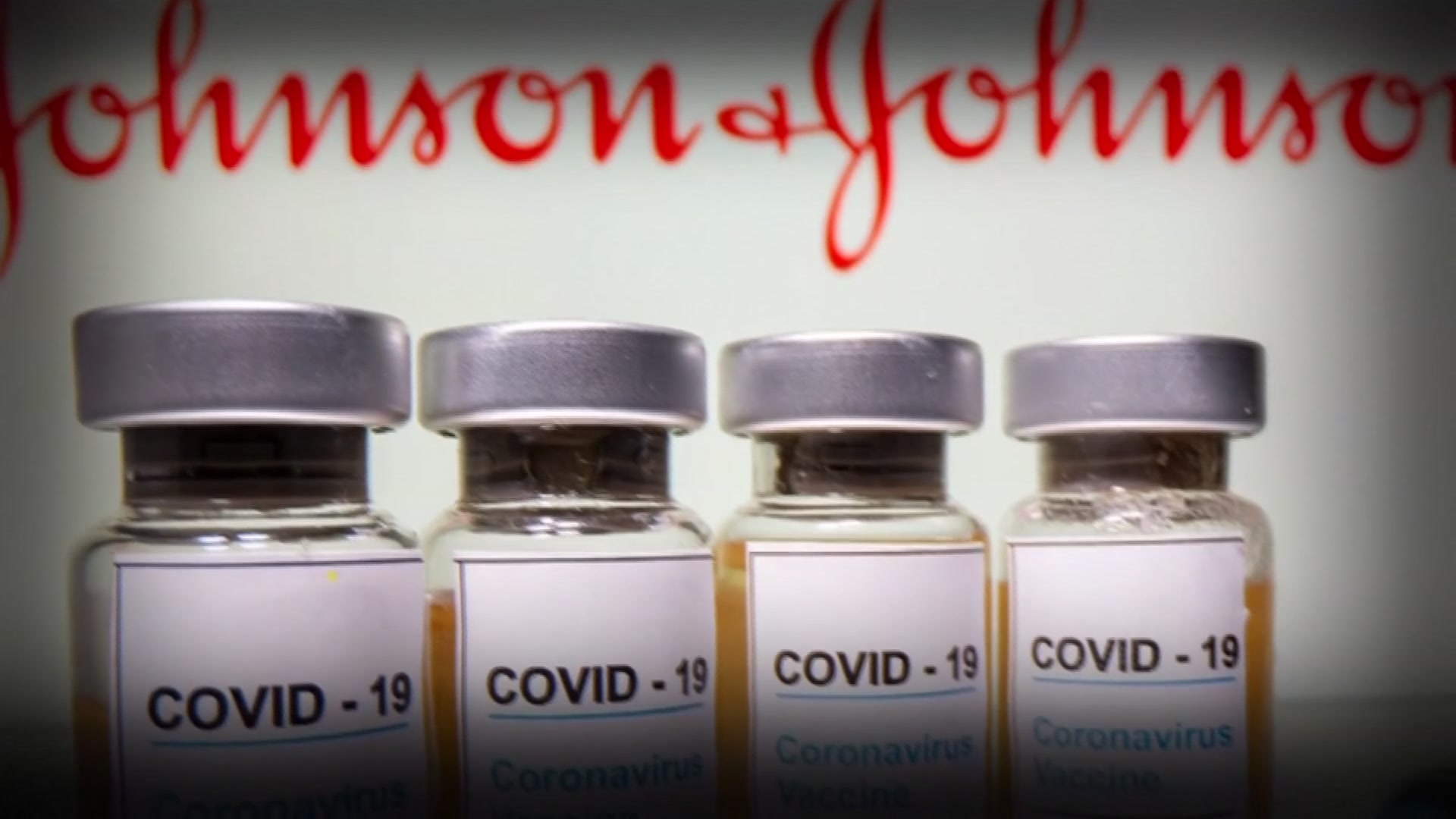Some people in Philadelphia are getting coronavirus vaccines even though they may not be eligible – and the city has not figured out a way to stop it.
Health Commissioner Dr. Thomas Farley said Friday that people have been forwarding vaccination appointment links to others for weeks, but the company tasked with running the appointment software has not yet provided a fix to the problem. As a result, some people who use someone else’s appointment link are getting shots, even though they should not yet be able to.
Despite the problem, the city has not adopted any further screening measures to ensure the proper people are getting vaccinated, Farley said.
“They may be medically eligible, but they weren’t necessarily the people who were invited,” the commissioner said. “So, if they’re there, we vaccinate them and we’ll continue to vaccinate them.”
Get top local stories in Philly delivered to you every morning. >Sign up for NBC Philadelphia's News Headlines newsletter.
The reason for this is because one of the city’s goals is to inoculate people as fast as possible, so turning some away – even if they should not have had an appointment – would be counterintuitive, Farley noted.
Nevertheless, he implored people to not jump the line for their shot. He said the city and the company that runs the software for vaccine appointments are working on some sort of "workaround for early next week, but it hasn't been solved definitively yet."
Next week, Philadelphia expects to receive some 19,800 doses of the Pfizer vaccine and 15,600 doses of the Moderna vaccine, Farley said, adding that the federal government is also allocating some 5,000 Moderna doses to local pharmacies.
As of Sunday, Feb. 28, some 234,000 people had received their first shot of vaccine and 110,000 had received their second, Farley said. Of those vaccinated, about 23% are Black, 4.5% are Hispanic and 6.4% are Asian.
Philadelphia is also expecting around 13,100 doses of the Johnson & Johnson vaccine. Because that vaccine is only a single dose, the city is recommending that health care providers prioritize the shot for people who are hard to reach, like transients and those who are homebound, Farley said.



